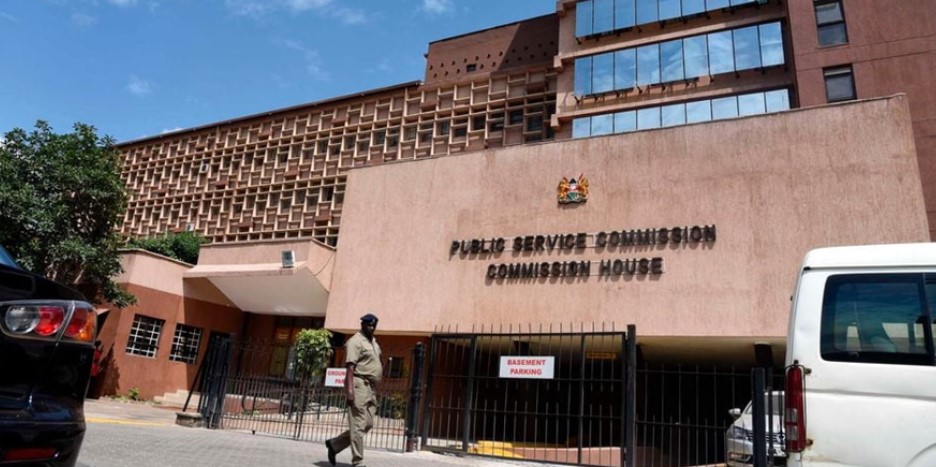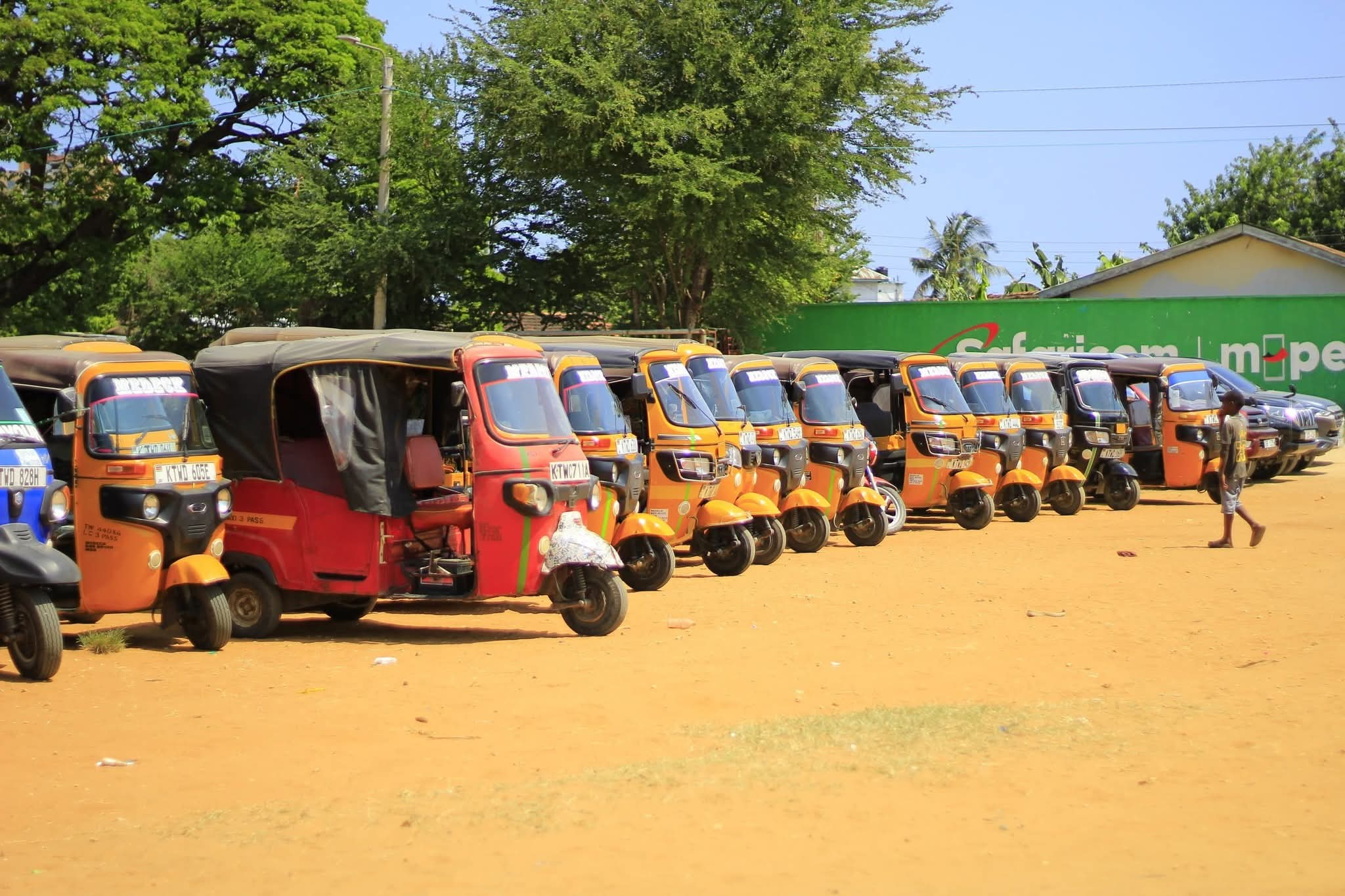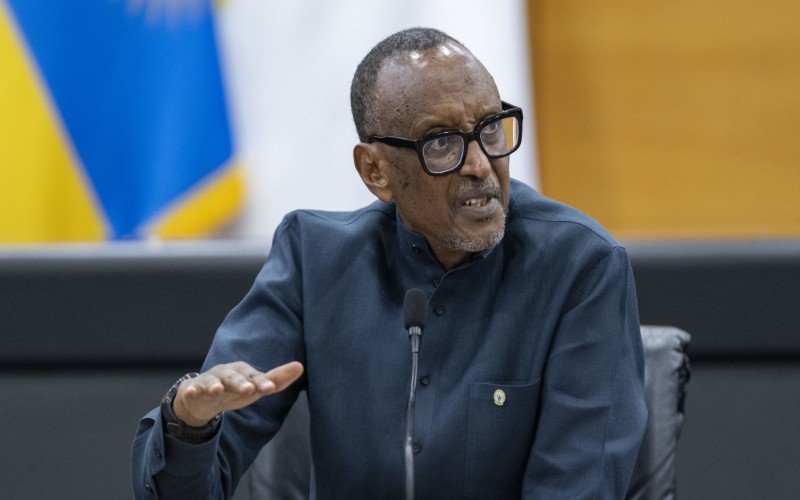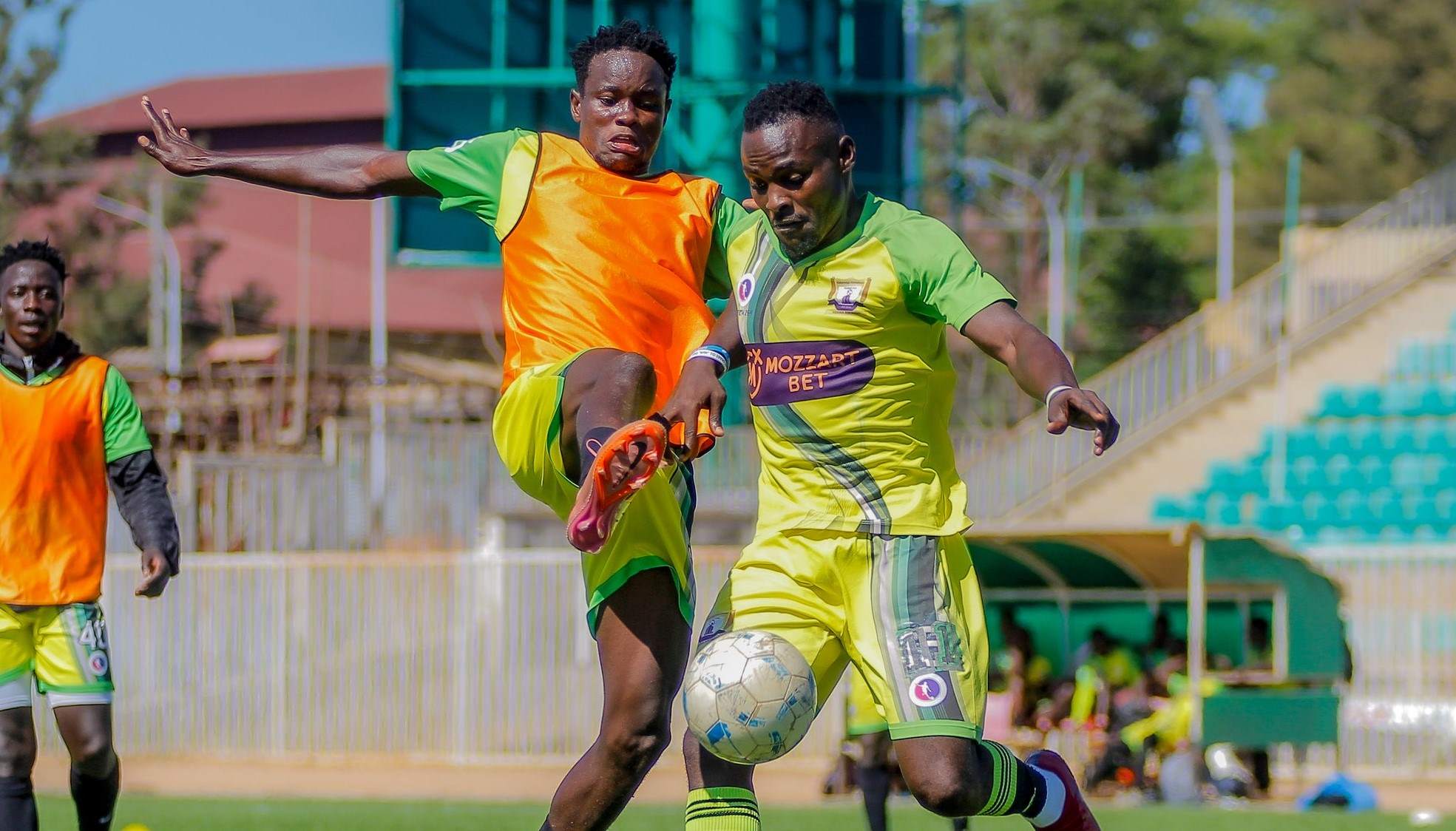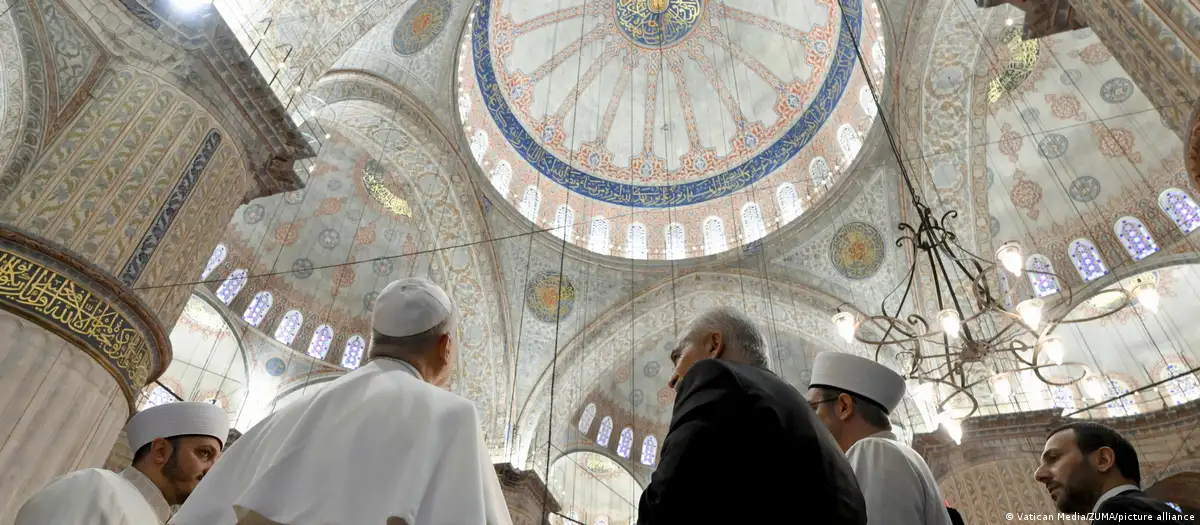CBK proposes cap on mobile money fees to ease transfer costs

The proposal aims to reduce the average cost of person-to-person (P2P) mobile money transactions from Sh23 in 2024 to Sh10 by 2028, while capping charges on transfers.
Kenyans could pay less to send money through mobile money platforms like M-Pesa and Airtel, if a new proposal by the Central Bank of Kenya (CBK) to cap transaction fees is approved, potentially easing the cost of everyday transfers for millions of users.
The proposal, under the Kenya National Financial Inclusion Strategy 2025-2028, aims to reduce the average cost of person-to-person (P2P) mobile money transactions from Sh23 in 2024 to Sh10 by 2028, while capping charges on transfers.
More To Read
- Safaricom rolls out Daraja 3.0 in major M-Pesa API redesign
- CBK data shows Sh344 billion decline in mobile money transactions, steepest drop in 18 years
- Kenyan men handled majority of mobile money deals in 2024 with Sh5.3 trillion in transactions - CBK report
- Safaricom announces early-morning Fuliza system upgrade on November 17
- Kenyans borrowed Sh629.2 billion in six months through Safaricom’s Fuliza service
- Vodacom settles 17-year ‘Please Call Me’ dispute with former employee
“Most users still rely primarily on basic services like person-to-person transfers, with limited uptake of advanced offerings such as digital credit, insurance, or savings. This is attributed to issues such as limited interoperability, high transaction costs, low financial literacy and product designs that do not reflect the realities of underserved groups,” the CBK notes in the strategy document.
The regulator observed that access to mobile money among Kenyan adults has increased from 27 per cent in 2006 to 82.3 per cent in 2024. Despite this, it notes that the growth in usage has begun to plateau, with high transaction costs cited as a major factor limiting the adoption of digital financial services.
Safaricom charges no fee for M-Pesa transfers of Sh100 or below, but fees rise to Sh13 for transfers between Sh501 and Sh1,000, and up to Sh108 for transactions between Sh50,001 and Sh250,000. Airtel Money allows free transfers among Airtel users but charges between Sh6 and Sh105 for transfers to other networks.
The CBK highlights mobile money’s transformative impact on financial inclusion, noting that the service has significantly expanded access to payments, savings and credit for low-income groups, especially women, youth and rural populations.
“Mobile money is the single most transformative tool for financial inclusion. It has expanded access to payments, savings and credit for low-income groups, particularly women, youth and rural populations. It has also supported micro and small enterprises and enhanced household resilience since M-Pesa began operations in 2007,” reads the report.
During the early phase of the COVID-19 pandemic, the CBK waived fees on transactions up to Sh1,000 from March 2020 to December 2022. This led to a rise of more than 6.2 million active users, with monthly P2P transactions increasing from 162 million worth Sh234 billion to 440 million worth Sh399 billion. Though fees were reinstated in 2023, they remain lower than pre-pandemic levels.
Mobile money subscriptions currently stand at 47.7 million, representing a penetration rate of 91 per cent, according to the Communications Authority of Kenya. The 2024 FinAccess Survey shows mobile money leads in usage ahead of banks, informal groups, insurance and Savings and Credit Cooperatives (SACCOS), though growth has slowed from 22.2 per cent in 2021 to 23.2 per cent in 2024.
The CBK warns that fee caps could reduce telecom operators’ revenue, as P2P transfers account for nearly 40 per cent of M-Pesa’s earnings. Safaricom’s M-Pesa recorded Sh161.1 billion in revenue for the year ending March 2025, with Sh62.9 billion from personal cash transfers.
The CBK emphasised that it plans to work with telecom operators and Parliament to implement affordable digital financial services while promoting transparent pricing.
The regulator also noted that there is a need to balance “short-term commercial targets and long-term sustainable growth” to ensure mobile money remains accessible and equitable for all Kenyans.
Top Stories Today



